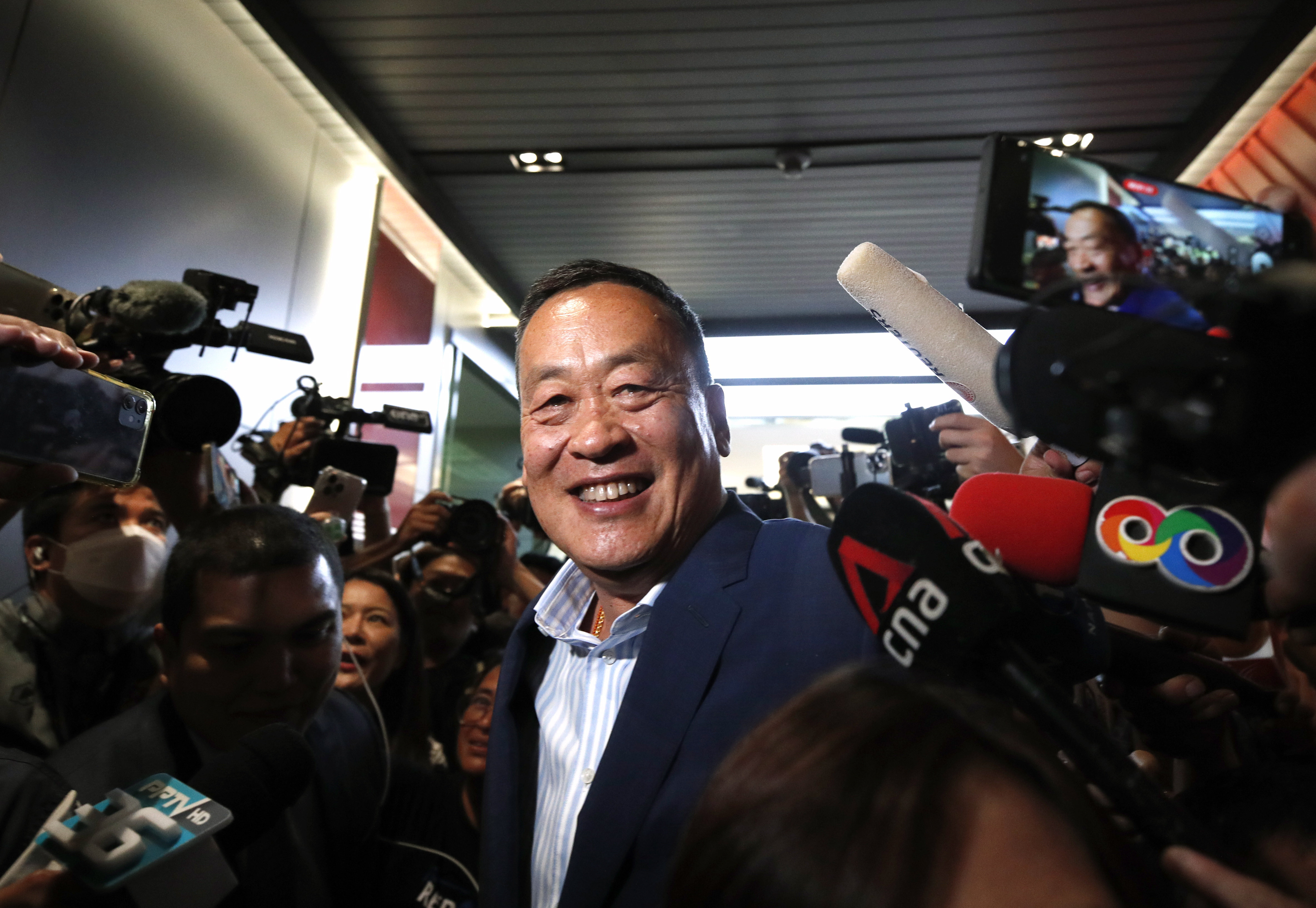Thailand
Thailand's New Prime Minister: Srettha Thavisin

Srettha Thavisin
© picture alliance / EPA | RUNGROJ YONGRITThailand´s new Prime Minister, Srettha Thavisin, and his Phue Thai Party will form a broad, but controversial government coalition. The coalition includes conservatives, who had lost the election. Excluded is the Move Forward Party, which had won the election. Freiheit.org´s Sky Chatuchinda spoke with Dr. Pimrapaat Dusadeeisariyakul, Program Manager Thailand at the Friedrich Naumann Foundation for Freedom´s Thailand Office in Bangkok.
Sky Chatuchinda: Thailand has a new Prime Minister, Srettha Thavisin. Who is he?
Dr. Pimrapaat Dusadeeisariyakul: He is a property tycoon with close ties to Thaksin's family. Born in 1963, Srettha holds a bachelor's degree in civil engineering from Bangkok's Chulalongkorn University and a master's degree in business administration from the Claremont Graduate School in the United States.
Srettha began his career as an assistant manager at multinational Procter & Gamble in Thailand before joining Sansiri, his family's property development company. He served as president and chief executive of the company, which is currently valued at around $880 million on the Thai stock market, until he stepped down in April this year ahead of the election.
Srettha campaigned on a platform of economic stimulus, social justice and good governance. He said his priorities for the first 100 days of government would be to tackle the rising cost of living, end compulsory military conscription, ensure marriage equality for same-sex couples and draft a new constitution that represents the will of the people. During the campaign, he unveiled Pheu Thai's flagship policy of offering 10,000 baht ($295) in digital wallets to people over the age of 16 to spend in their communities.
What kind of government coalition will Mr. Srettha and his Phue Thai Party form?
It will be a broad coalition with many parties, including the two military-led parties. The Phue Thai-led coalition will be a conservative-leaning coalition. It will prioritise the drafting of the new constitution. But a liberal outlook and progressive policies cannot be expected.
The winner of the election, the Move Forward Party, was side-lined. Why?
The Move Forward Party, the MFP, won 36.23 percent of the vote and 151 seats. It is the biggest party in Parliament. But this was not enough to secure the premiership, as under the military-drafted constitution the prime minister is elected by both the elected lower house and the military-appointed Senate. The MFP leader lost his bid to become prime minister on 13 July 2023 after failing to secure enough votes, because only 13 of 249 military-appointed senators supported him..
The MFP was side-lined because of some of its political issues, particularly Section 112 (the Lese Majesty Act). Most of those in the Senate who did not vote for the MFP leader as Prime Minister were adamant that they would never vote for a party that pushed for the amendment or abolition of Section 112 as this would leave the Royal Institution unprotected.
Also today, former Prime Minister Thaksin Shinawatra returned home after more than 15 years in exile. He is facing eight years in jail. Why did he return?
The Pheu Thai Party has lost some of its strongholds in the north and northeast, and Thaksin may seek to reform the party and act as a focal point for all coalition parties. It will be challenging as some of his close allies have either formed new parties or joined the military-led parties.
Back to the new government: What changes do you anticipate for Thailand?
I predict that this government will be short-lived or temporary as it brings together parties with very different interests and priorities. The Phue Thai-led coalition will set up a constitutional drafting committee to prepare the draft constitution. But there will be no major policy changes as all parties understand that their coming together is temporary.
Dr. Pimrapaat Dusadeeisariyakul is FNF Thailand's Programme Manager for 12 years. She is a local expert on Thai politics, policy analysis, and public policy.
Sky Warisala Chatuchinda is the Regional Communications Officer Southeast and East Asia of the Friedrich Naumann Foundation for Freedom.
